OUR MISSION
IADMS is an inclusive organization for professionals who care for those who dance by evolving best practices in dance science, education, research, and medical care to support optimal health, well-being, training, and performance.
OUR VISION
Our vision is to build a global community that provides accessible and applicable evidence-based research, resources, and programming that improves the health of dancers and the use of dance to improve health.
OUR HISTORY
IADMS was officially formed in 1990, led by Allan Ryan, MD, and Justin Howse, MD, with the goal to enhance the health, well-being, training, and performance of dancers by cultivating medical, scientific, and educational excellence while promoting an active network of communication between dance and medicine. IADMS began as a direct result of the National Dance Association’s Committee on Dance Science and Medicine, which was initiated by Dr. Ryan, and included other notable individuals, including Jan Dunn, MS, Martha Myers, MA, Janice Plastino, PhD, Ruth Solomon, Emeritus, and Robert Stephens, DO.
In 1994, IADMS was registered as a 501(c)(3) nonprofit organization, organized under the United States of America. As a 501(c)(3), IADMS does not participate in any political activities. All donations to IADMS are 100% tax-deductible.
OUR TEAM
OF EXTRAORDINARY AND DEDICATED INDIVIDUALS
IADMS is supported by a diverse and international group of leaders and individuals actively connected with the healthcare, research, education, administration, and supervision of dancers.
BOARD OF DIRECTORS
IADMS board members are elected by its membership to represent the constituency and provide guidance and expertise to advance the organization’s mission.
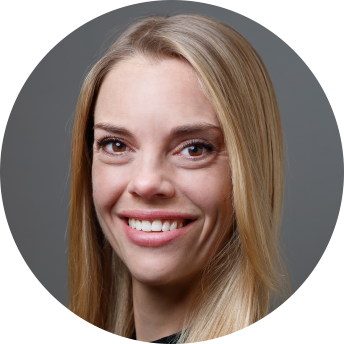
As the 2020-2022 Co-Chair for the Dance/USA Task Force on Dancer Health, she values collaboration across disciplines and mutual respect across professions. She served as the Co-Chair of the Colloquium on the Clinical Care of Dancers at IADMS 2015, working across disciplines to explore best practices for dancer wellness as well as lecture formats for IADMS members.
Kathleen has been on research protocols since high school and won the Resident Research Award at the University of Washington. As an active dancer and member of her local community, she has worked to found and grow community organizations.
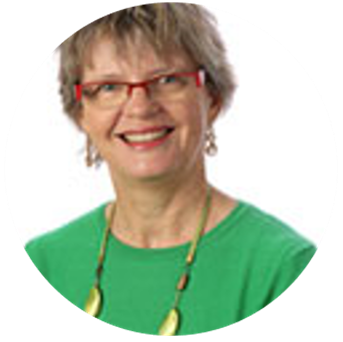
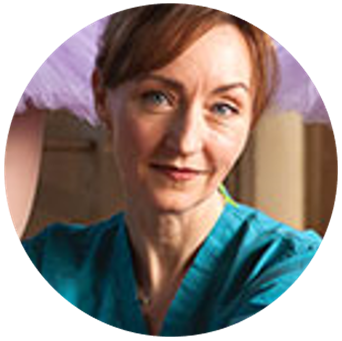
In San Francisco, Nancy served as Medical Director of the Healthy Dancers’ Clinic, a free injury prevention and screening clinic for dancers housed in the ODC Dance Commons. In Seattle, she volunteers at the SeaPAM Performing Arts monthly clinic. She has lectured internationally on dance injury prevention and published original research on stress fractures, surgical techniques, and dance biomechanics.
As an IADMS member since 2003, Nancy has attended most of the Annual Meetings, and she has served as an Associate Editor for the Journal of Dance Medicine & Science. She worked to get continuing medical education/CEU accreditation for the Birmingham and Washington, DC meetings. She is currently Co-Chair of the Dance/USA Task Force, and she serves on the Dance/USA Executive Board of Trustees. Nancy sits on the Board of Directors for the Performing Arts Medicine Association (PAMA), and she has recently completed her term as President of PAMA from 2014–2016.
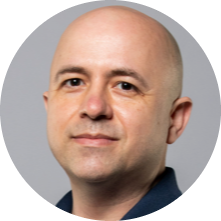
Dr. Grierson is Medical Director for the Seattle Clinic for Performing Artists and is a co-founder of a free clinic in Seattle that provides free medical care to uninsured or underinsured performing artists. He is an active member of the Dance/USA Taskforce on Dancer Health and served as a member of the IADMS Development Committee. He has a strong commitment to principles of public health and has helped influence healthcare policy through service on county and state medical society boards as well as through work as Speaker of the Washington State Medical Association House of Delegates and as a representative to the American Medical Association.
His clinical practice serves as a resource for dancers across the spectrum of age, ability, and function. Dr. Grierson cares for professional dancers from the Pacific Northwest Ballet, Whim W’him, and Spectrum Dance companies and works with university dancers from Cornish College of the Arts and the University of Washington. He holds a clinical faculty appointment with the University of Washington Department of Rehabilitation Medicine and is involved in teaching residents and medical students, helping to usher in the next generation of dance medicine professionals.
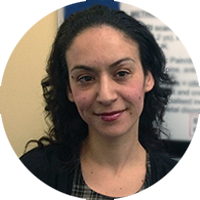
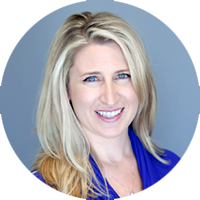
Certified Myofascial Trigger Point Therapist/ Dry Needling (CMTPT/DN)
MandyDancePT, LLC
Atlanta Dance Medicine, LLC
Atlanta Ballet
Myopain Seminars
Mercer University Adjunct Clinical Assistant Professor
Amanda (Mandy) Blackmon received her BSEd in Exercise and Sports Science and her Masters Certificate in Gerontology from the University of Georgia in 2002. She earned her Doctorate in Physical Therapy from Emory University in 2005. Dr. Blackmon is a board-certified specialist in orthopaedic physical therapy with 18 years of clinical experience treating patients with musculoskeletal conditions. She specializes in treating performing artists and dancers and is the head physical therapist for Atlanta Ballet. Mandy owns a private practice in Atlanta, specializing in chronic and persistent pain complaints. She is a managing and founding partner for Atlanta Dance Medicine. With three locations in the metro Atlanta area, all inside dance studios, ADM currently has 15 PTs and multiple student PTs treating dancers throughout the city. Dr. Blackmon is adjunct faculty in the DPT program at Mercer University in Atlanta, GA. Her current research areas of interest include hypermobility, Relative Energy Deficiency in Sport (RED-S), trigger points and dry needling, pelvic floor dysfunction in dancers, and injury surveillance and prevention in dancers and performing artists. She speaks on these topics at local, state, national, and international meetings. Mandy is also an instructor for Myopain Seminars in the Janet Travell Dry Needling Training Program. She was certified in 2010 and has been teaching since 2013. She is involved in multiple performing arts medicine organizations, including the Performing Arts Medical Association, the Performing Arts Special Interest Group for the APTA (leadership for 8 years), Dance/USA’s Task Force on Dancer Health (Executive Committee for 4 years), and the International Association for Dance Medicine and Science (newly-elected Board member, presenting at numerous conferences, moderating roundtables, and serving as an abstract reviewer).
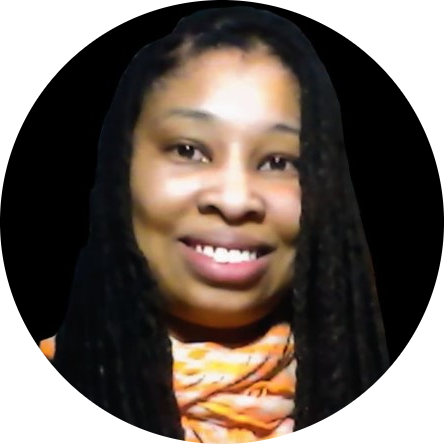
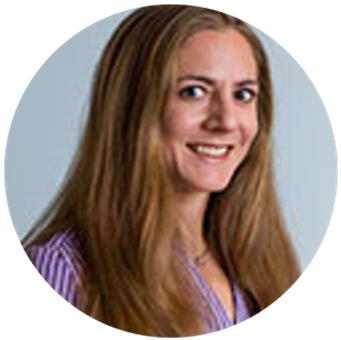
She is a former professional dancer and instructor of jazz, ballet, tap, hip-hop, African, swing, and salsa, and she has danced with Cambridge Dance Company since its inception in 2012. Currently, she is the chair of the Freelance Dancer Committee on the Dance/USA Task Force on Dance Health. She has lectured nationally and internationally on dance health and injury prevention to dancers and professional organizations and has recently published an introductory textbook for physicians interested in treating artists: Performing Arts Medicine.
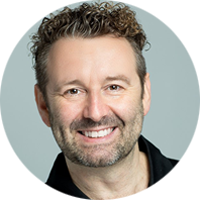
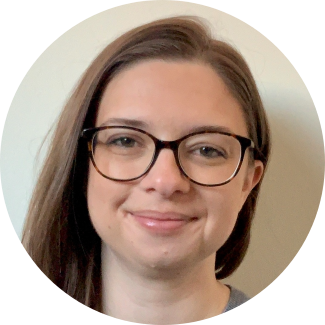
Sarah joined IADMS in 2010 and served four years as Student Committee Chair and nine years on the Promotion Committee (three as Chair), prior to joining the Board of Directors for the 2023-2025 term.
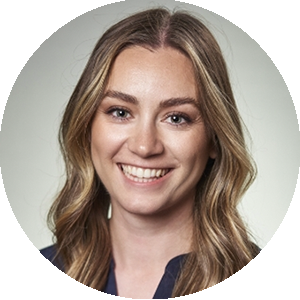
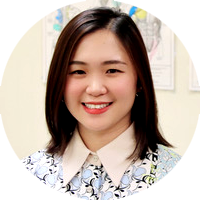
MB BCh BAO (Ireland), MRCS (Edinburgh), M.Med Family Medicine( Singapore), MSpMed (Australia), FAMS (SpMed)
Dr. Mandy Zhang holds postgraduate qualifications in Membership of the Royal College of Surgeons (Edinburgh), Masters of Family Medicine (Singapore), Masters of Sports Medicine (Australia), ACSM Exercise Physiologist (USA) and FIFA diploma in football medicine. She is the dance lead for the Performing Arts Medicine Centre (PAMC) and Education deputy director for Exercise Is Medicine Singapore. Her clinical interest include sport injury prevention, musculoskeletal sonography and performing arts medicine.
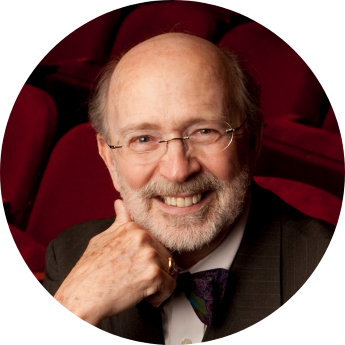
Mr. Conner retired in 2012 after 17 years as Managing Director of Houston Ballet. He currently serves on the boards of American Festival for the Arts, Dance Source Houston, Houston Arts Alliance, the International Association of Dance Medicine and Science, Theater District Houston, and the advisory boards of the Menil Society and the Performing and Fine Arts Society of the University of St. Thomas. He previously served on the boards of the American Guild of Musical Artists Retirement and Health Fund, Career Transition for Dancers, Dance/USA (Chair), Houston First Corporation, the National Association of Regional Ballet, the Texas Institute for Arts in Education, and Volunteer Lawyers for the Arts in New York.
Mr. Conner served as Executive Director of The Joffrey Ballet from May 1992 until April 1995, as the Executive Director of the Pauline Koner Dance Consort from 1976-1981, and as an agent with Tornay Management in New York. He has served on grant panels for Federal, State, and local arts agencies. He also has lectured on dance at Rice University and the University of Houston.
Mr. Conner’s background in the arts is complemented by his extensive law background. From 1980 – 1995, Mr. Conner served as managing partner of and later of counsel to Mandelbaum, Schweiger & Conner in New York City. Previously, Mr. Conner was with Goldman Sachs & Co., and Simpson, Thacher & Bartlett, both in New York.
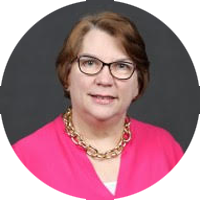
In 2021, Clemens served as a consultant on the IADMS Ethics Committee Structure and Function Workgroup that created guidelines presented to the board as recommended best practices.
Clemens earned her Bachelor’s degree in Theatre and post-graduate study in Theatre Management from the University of Georgia. She has the honors of receiving the President’s Award from the International Society for the Study of Trauma and Dissociation (ISSTD) and being the namesake and inaugural recipient of the Therese O. Clemens Advocacy Award that is presented to the lay individual or organization outside of the field of psychiatry or psychotherapy who, through their continuing efforts and dedication, has advanced the Mission and Vision of the ISSTD.
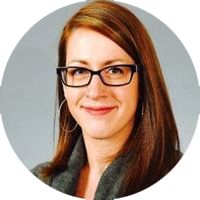
Kathryn’s educational background includes a bachelor’s degree from Youngstown State University and a master’s degree from Kent State University focusing on Exercise Science and Sport Management respectively. Her research focused on therapeutic modalities for female swimmers, while she was certified through the ACSM. She worked professionally in the outdoor adventure industry for many years before transitioning to a career in Human Relations.
Her vision as an advisory member with IADMS is to leverage both her educational and professional background to provide insightful guidance and knowledge. She hopes to serve the organization in a capacity that furthers its vision and best serves its members.
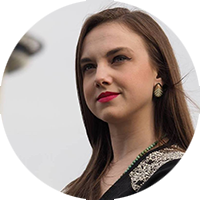
She grew up in studios and on stages and graduated from the University of Wyoming with a BFA in Dance Performance in 2012. Since graduating with her MFA in Arts Leadership from Seattle University in 2014 she has worked full-time in fundraising and leadership positions in the Pacific Northwest.
Currently she resides in Portland, OR and is serving as Oregon Ballet Theatre’s Major Gifts Manager contributing to a $2.2M contributed revenue goal. Upon relocating to Portland from Seattle in 2019-2021 she worked as Director of Patron and Donor Relations for Profile Theatre where she worked to raise $800,000 annually and led the organization's digital engagement efforts through the pandemic.
Before relocating to Portland, she served as Executive Director for Seattle’s award-winning contemporary dance company, Whim W’Him. Before that, she worked as Capital Campaign Manager for Seattle Opera’s $28.5M capital campaign to build the Seattle Opera Center. Krina worked on the fundraising team for ArtsFund where she managed grants, corporate relationships, workplace giving and oversaw a cohort of 120 fundraising volunteers who raised funds for 50+ Puget Sound arts organizations.
For more than a decade she has volunteered and worked in development, communications and production departments for many esteemed dance organizations including Repertory Dance Theatre, Bill T. Jones/Arnie Zane Dance Company, Velocity Dance Center, Khambatta Dance Company and Spectrum Dance Theater.
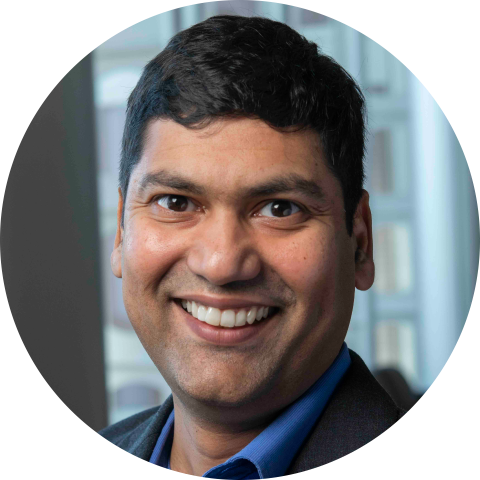
Dr. Ambegaonkar is the Editor-in-Chief of the Journal of Dance Medicine & Science, serves on the Editorial Board of the Journal of Athletic Training, and is a reviewer for over 25 different professional journals.
He has published over 80 articles and given over 130 regional, national, and international conferences presentations. He is a co-editor for the pioneering textbook in the Dance Medicine and Science field titled: Research Methods in the Dance Sciences:
Dr. Ambegaonkar has secured over $ 5.5 million in funds over 30 different grants from multiple sponsors including federal, state, professional organizations, and local foundations (e.g., National Endowment for the Arts (NEA), Centers for Disease Control (CDC), Americans for the Arts (AFTA), and Virginia Department of Health (VDH) to support his work. Professionally, Dr. Ambegaonkar is a Certified Athletic Trainer, Certified Strength and Conditioning Specialist, and Occupational Therapist.
BOARD COMMITTEES
Members of the Board Committees are drawn from voting and non-voting members of the Board of Directors. The standing Board Committees include the Executive Committee, Compensation Committee, Finance Committee, Governance Committee, and Nominations Committee
The Executive Committee will consist of at least the President, Vice President/President-Elect, Past President (non-voting), and Treasurer of the current Board of Directors. A key role of the Executive Committee is to keep under review the Certificate of Incorporation and Bylaws of the Association and to make recommendations for their amendment to the Board of Directors as they feel such to be necessary.
The Compensation Committee is responsible for reviewing the compensation of all staff and making recommendations for their amendment to the Board of Directors as they feel such to be necessary.
The Finance Committee will support the Treasurer in reviewing financial reports and documents and with any other financial decision-making. The treasurer reports directly to the board.
treasurer@iadms.org
The Governance Committee is an ad hoc committee whose purpose is to assist the Board in fulfilling its responsibilities through adequate governance policy development, evaluation for necessary Bylaws changes, overseeing the Board’s performance, and/or ensuring compliance with legal entities and guidelines.
governance@iadms.org
COMMITTEE CHAIRS
IADMS Operational Committees are staffed by volunteers appointed by the Board of Directors. The Committee's roles are clearly defined under our Bylaws
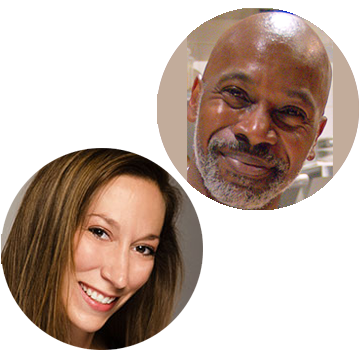
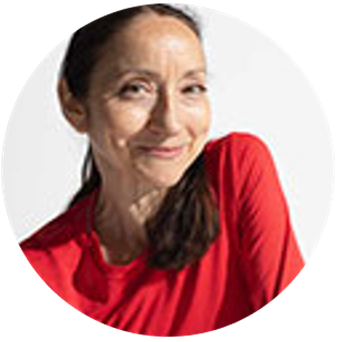
Today, Clare’s specialist work translates Attentional Focus research findings for direct daily dance practice. Findings are adapted as easy to use, complementary tools for dancers, dance educators and healthcare practitioners. Attentional focus strategies enhance the physical and mental performance of pre-professional, professional dancers and equally that of all dancing publics. Clare teaches AF workshops and class at Finnish National Ballet & School, Ballet de L’Opèra du Rhin, Houston Ballet, The Royal Ballet, L’Ecole Superieure de Danse de Cannes et Marseille, Opèra de Paris-Opèra Université. She lectures on Older Adult Dance Practice for the MAS Dance Science programme, Bern University, Switzerland, for the University Côte d’Azur, France and for the Royal Academy of Dance.
Director of the European ‘Dance & Creative Wellness’ Foundation, Clare leads an international benchmarking initiative for the dance for health sector and lobbies for the validation of dance in innovative preventative healthcare.
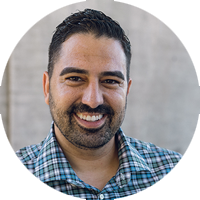
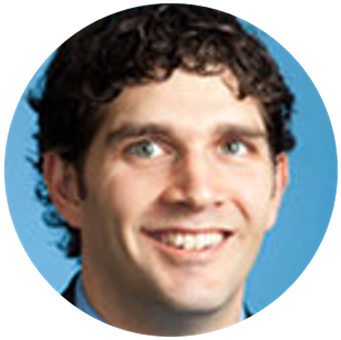
Dr. Popoli has a strong interest in exploring and implementing multidisciplinary care—specifically the creation and deployment of treatment teams with diverse training backgrounds (PT, MD, PhD, ATC, DC, etc.) with an aim to optimize care for dancers.
He has been the chair of the organizing committee for the 1st/2nd City of Arts and Innovation Dance Medicine conference in Winston-Salem; previous speakers have included Lyle Micheli, MD, Susan Jaffe, Marijeanne Liederbach, PhD, and Jennet Zerbe.
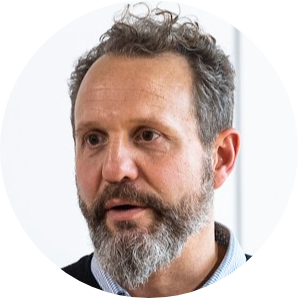
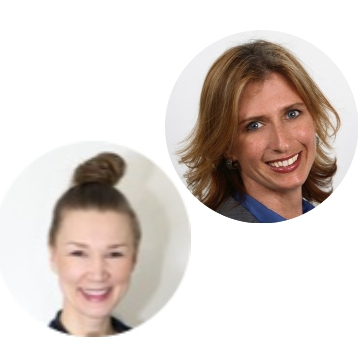
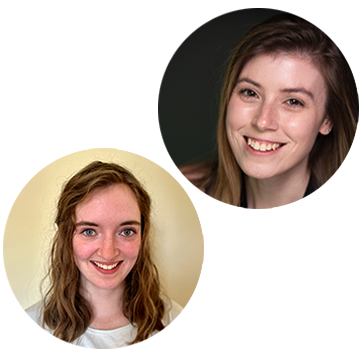
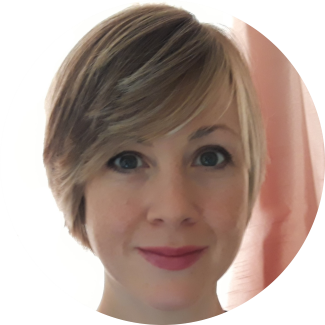
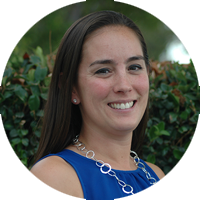
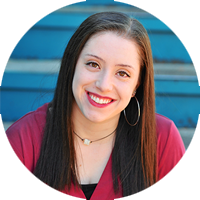
OPERATIONAL COMMITTEES
Our Operational Committees work on the short and long-term goals driven by the strategic plan and vision of the organization. Each committee has a specific purpose and works closely with the Board of Directors and IADMS staff to accomplish their goals.
The Dance Educators' Committee provides educational resources for dance teachers, dance students, parents, and dancers; and promotes healthy discourse between them and the allied health practitioners who provide their care. The committee is responsible for the development of the Annual Conference's A Day for Teachers; oversees the annual Dance Educator Award; and produces IADMS resource papers, blog posts, and posters. Read the full Dance Educators' Committee Charter here.
education@iadms.org
The Dance for Health Committee is an interdisciplinary team of teaching artists, dance educators, researchers, and healthcare professionals. The committee promotes innovation in research and best practice, bringing together the healthcare and dance sectors to facilitate the implementation of dance-based interventions within evolving health and social structures. Advocating for dance as a life-long partner for health and well-being, the Dance for Health Committee builds collaborations among multidisciplinary stakeholders to influence national and international dance for health policy. Read the Dance for Health Committee Charter here.
Dance for Health provides holistic, evidence-based activities for the individual to manage and adapt to physical, mental, and social health challenges. In Dance for Health sessions, trained teaching artists engage people as dancers, rather than patients, in joyful, interactive, artistic practice.
danceforhealth@iadms.org
The Development Committee is responsible for global fundraising efforts that contribute to the financial stability and growth of the organization. As a not-for-profit, IADMS relies on its supporters; the Development Committee fosters these relationships for all levels of support and across a variety of fundraising initiatives. Read the Development Committee Charter here.
development@iadms.org
The Physician Committee works with IADMS staff, the Program Committee, and the Professional Development Committee to organize and produce accredited courses that provide continuing medical education (CME) credits for physicians on the topic of dance medicine, including the Annual Conference’s, A Day for Physicians. Read the Medical Committee Charter here.
physician@iadms.org
The Professional Development Committee identifies the educational and accreditation needs of the dance medicine and science community to develop resources, online courses, and other initiatives that satisfy gaps in the field. Read the Professional Development Committee Charter here.
professionaldev@iadms.org
The Program Committee is actively engaged in the planning process for the Annual Conference and Regional Meetings. Further, the committee monitors feedback from members and attendees to ensure high-quality programming is produced to address the needs and wants of the IADMS constituency. Read the Program Committee Charter here.
programchair@iadms.org
The Promotion Committee contributes to the international profile of IADMS by producing and disseminating marketing materials on behalf of the organization. The committee manages IADMS's social media platforms, creates announcements for meetings and events, and produces the IADMS blog. Read the Promotion Committee Charter here.
promotion@iadms.org
The Publications Committee is responsible for editing and approving the content of IADMS publications, including the newsletter, The IADMS Bulletin for Dancers and Teachers, resource papers, and posters. The committee also reviews all outgoing messaging, handbooks, Annual Conference documents, and marketing materials. In addition, the committee is responsible for maintaining the IADMS author guidelines and ensuring compliance with them in all official IADMS publications. Read the Publications Committee Charter here.
publications@iadms.org
The Research Committee aims to promote and strengthen research excellence within the dance medicine and science community and encourages the dissemination of scholarly research among researchers, educators, and healthcare practitioners. The committee adjudicates the Student Research Award and Student Researcher Travel Fund as well as the IADMS poster competition at the IADMS Annual Conference. The committee Chair, in cooperation with current Fellows and the Board of Directors, informs the Fellowship of IADMS( FIADMS) process which recognizes individuals with esteemed professional achievement, skills, knowledge, and service to IADMS and the dance medicine and science community. Read the Research Committee Charter here.
research@iadms.org
The Student Committee strives to develop a strong network of students and recent graduates in the field of dance medicine and science. The committee provides networking opportunities, professional development resources, and connections for students all over the globe in an effort to meet the needs of future professionals in the field. Read the Student Committee Charter here.
students@iadms.org
IADMS STAFF
Our staff is dedicated to the execution and support of IADMS's mission and strategic objectives as outlined by the Board and respective Committees.
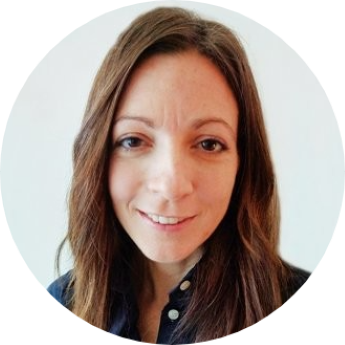
Leigh Ponniah, MA, MSc, joined IADMS in 2016. In her role as the Executive Director, she oversees the administration and strategy of the Association. She works with the staff, Board of Directors, and Operational Committees to reinforce current and develop new programs and services that serve and represent IADMS's mission and vision. Prior to joining IADMS, Leigh spent 10 years at the NYU Langone's Harkness Center for Dance Injuries as a Program Coordinator for Education and Marketing. There she developed a number of educational programs for the dance and medical community, provided lectures and workshops on the topic of kinesiology and injury prevention in dance, and helped to increase the visibility of the Center. Leigh received her MSc in Dance Science from Trinity Laban Conservatoire of Music and Dance in London, UK in 2006, and in 2012 she graduated with an MA in Performance Studies from New York University's Tisch School of the Performing Arts. Leigh has a number of national certifications in fitness training through the National Academy of Sports Medicine, KettleBell Concepts, and Athletics and Fitness Associates of America. She has also served on the Board of the New York State Dance Educators Association and presented her research at a number of international conferences, including the American College of Sports Medicine, National Dance Education Association, and IADMS.
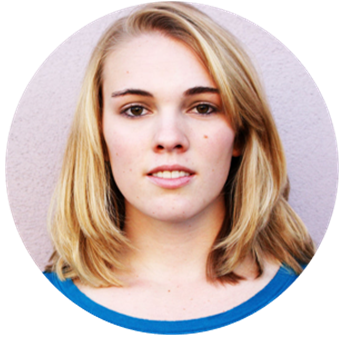
Sutton Anker has a strong passion for teaching: dance technique, dance science/wellness, Pilates, and creative movement classes for all ages and abilities. Her interest in dance medicine and science began at the University of Wyoming where she earned her BFA in 2013 in Dance concentration of Science. In 2015, Sutton graduated with her Masters of Science in Dance Science from Trinity Laban Conservatoire of Music and Dance in London, UK. Sutton has presented two of her mirror research studies including her Master’s thesis, An Investigation of Pedagogical Rationales for Current Mirror Use in a Ballet Technique Class at the 2016 IADMS conference in Hong Kong. Sutton’s personal and academic interest in pedagogy and advocacy for safe dance practice is what drew her to be a Safe in Dance International (SiDI) Registered Provider. Alongside teaching dance technique at a local studio, Sutton is a BASI Pilates instructor educating and working with individuals, and dancers, on their personal wellness. In 2019, Sutton joined the IADMS team, supporting the annual conference, regional meetings, and all other events and meetings produced by the association.
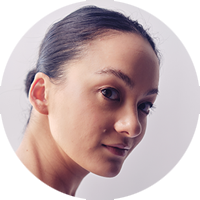
Prior to joining IADMS, Colette pioneered the Dance Science Program at Elon University where she received her BFA in Dance Performance and Choreography and BS in Dance Science. While still in school she completed an internship at NYU Langone's Harkness Center for Dance Injuries which began her career combining movement, athletic training, and fitness + wellness. After performing professionally with Touch Performance Art for four years, she harnessed her entrepreneurial spirit in 2019 when she founded the ness, a dance-based, movement-focused fitness method that offers workouts both on and off the trampoline. With an NYC studio and an international digital platform, the ness continues to grow with Colette as CEO. As a thought leader in the wellness industry, her expertise has been featured on the Today Show and E! Daily Pop as well as in Goop, Vogue, Well + Good, Business Insider, and the New York Times.
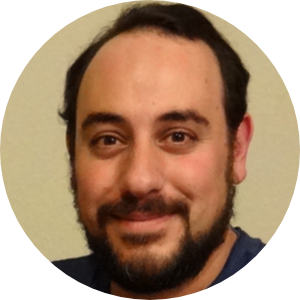
David Allen joined IADMS in 2014 to select and implement a new conference abstract management system. After a successful implementation, David was invited to assume Webmaster of the association. There, he was responsible for managing the website, the new abstract system, and the IADMS email system, along with other technologies. During his time with IADMS, David has helped incorporate new processes, notably an overhaul of the conference registration system. David works closely with the Director of Operations, the Program & Marketing Specialist, and the Program Chair to create a website experience that is seamless for all IADMS website users.
Since studying computer science at The Johns Hopkins University, David has worked successfully with several non-profit organizations to build and maintain award-winning websites and user interface experiences. His skill sets as a programmer and web developer have given him the opportunity to broaden his role as webmaster with other IADMS projects. As a classically trained pianist, David has been able to combine his professional and personal skills and is proud to support the IADMS mission.
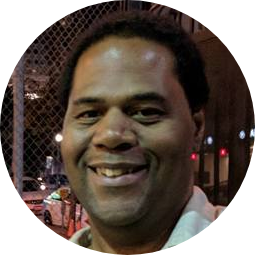
Doobie Moseley has worked with IADMS since January 2019. He has been working in all areas of Information Technology since 1987 but specializes in computer programming. He's also a huge Disney fan and founded a popular website for Disney fans. He has been married for 22 years to the love of his life, Rebekah, and has an 11-year-old son, Gideon. He currently resides in the San Francisco Bay Area of California.
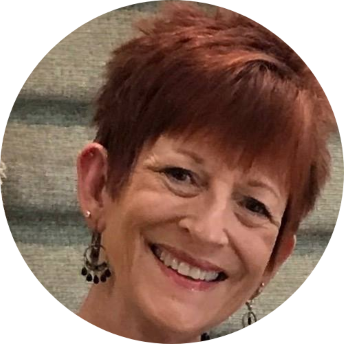
Blair is married to her husband of 41 years, Michael. They have two daughters and 5 grandchildren. Growing up as a dancer, Blair hopes someday that one of her grandchildren will enjoy it as much as she does. Blair continues to utilize her dancing experience and volunteers her time to teach dance exercise/stretch classes at her church. After college, Blair began her career as an auditor for the Navy Exchange at the now-defunct Alameda Naval Air Base in Alameda, California. This, along with many other educational and career opportunities and experiences, led her to establish her Accounting/ Consulting firm over 25 years ago. She is a certified QuickBooks Pro Advisor which provides her with the expertise to work with small to mid-sized corporations, non-profits, and sole proprietor businesses. She assists businesses with management, budgeting, and planning, as well as QuickBooks software set-up, training, and on-going support. Blair specializes in set-up, repair, reorganization, and maintenance of financial systems. She has also conducted forensic auditing in cases of unusual accounting activities, such as employee fraud and embezzlement. Blair enjoys working closely with her clients, teaching them and their employees the most proficient and up-to-date financial systems and software.

Interested in serving IADMS in a leadership capacity?
We invite any interested member to apply for positions on the IADMS Board of Directors or on one of our Operational Committees! Contact us if you have any questions about these positions and submission requirements.